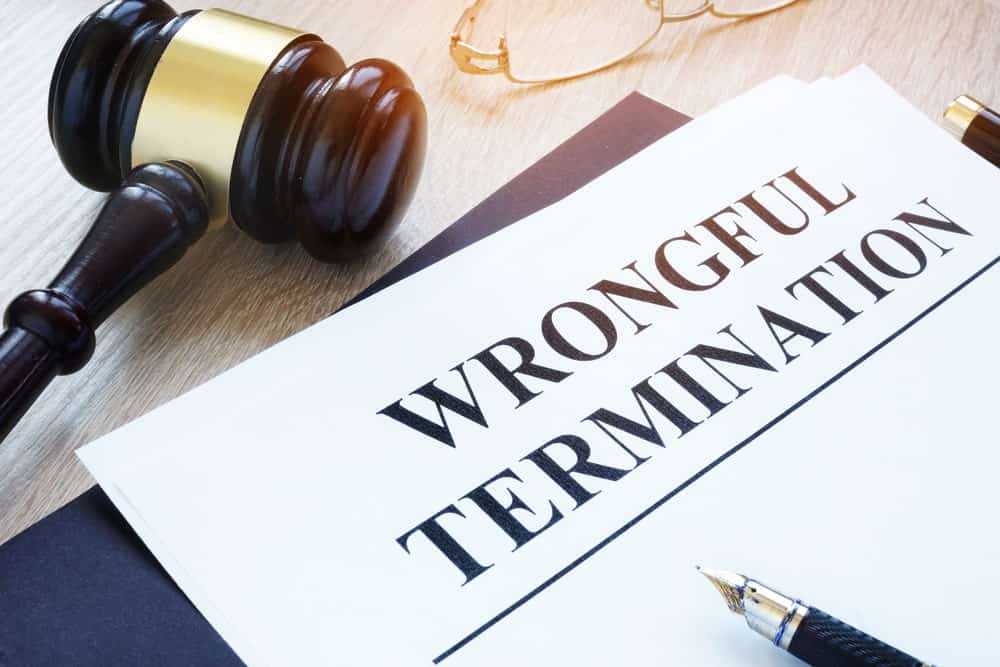Unjustly Fired? Here's Your Roadmap to Justice

Facing an unjustified dismissal can be a deeply distressing experience that leaves you feeling frustrated and uncertain about what steps to take next. Losing your job under such circumstances can be overwhelming, especially when you believe that the decision was made without just cause. In situations like these, it's crucial to understand your rights as an employee and the avenues available to seek justice. Whether you were fired without warning, lacked proper justification, or were targeted unfairly, there are specific steps you can take to address this issue and work towards a resolution that is fair and just.
Legal Grounds for Unjustified Dismissal
Employment laws protect workers from unfair treatment, including unjustified dismissals. If you believe you have been wrongfully terminated, it's essential to know your legal rights. In many jurisdictions, employers are required to provide valid reasons for firing an employee. This is to ensure that individuals are not unlawfully let go without proper justification.
Proof of discrimination, retaliation, or violation of employment contracts can serve as legal grounds for challenging an unjustified dismissal. Employers are prohibited from firing employees based on factors such as race, gender, religion, or disability. If you suspect that your termination was discriminatory or in response to exercising your legal rights, you may have a strong case for pursuing legal action.
Consulting with an experienced employment attorney can help you navigate the complexities of labor laws and understand the legal options available to you. Legal professionals specialized in employment law can assess your situation, gather evidence, and advocate on your behalf. Seeking legal guidance is crucial in determining the best course of action to seek justice for an unjust dismissal and protect your rights as an employee.
Steps to Take When Wrongfully Fired
If you believe you have been the victim of an unjustified dismissal, it is crucial to remain calm and composed. confiabogado is to carefully review your employment contract and company policies to understand the grounds on which you were terminated. This will help you assess whether the dismissal was truly unjust and not based on any valid reasons.
Next, consider reaching out to your former employer to request a meeting or discussion about the dismissal. It is best to maintain a professional and courteous demeanor during this communication, as it may pave the way for an amicable resolution. Document any conversations or correspondence to have a clear record of the interactions.

In parallel, seek legal advice from an employment law attorney specializing in wrongful termination cases. They can provide guidance on your rights, potential legal options, and the steps to take to pursue justice. Remember to gather any relevant evidence, such as performance evaluations or witness statements, to support your case.
Seeking Compensation and Redress
If you have been the victim of an unjustified dismissal, seeking compensation and redress is a crucial step towards holding your employer accountable.
Start by gathering all relevant documents that support your case, including employment contracts, performance reviews, and any written communication related to your termination. This information will be vital in building a strong argument for compensation.
Reach out to a legal professional specializing in employment law to discuss your situation and explore the potential avenues available to you for seeking justice. A knowledgeable lawyer can guide you through the process and help you determine the best course of action in seeking compensation and redress.
